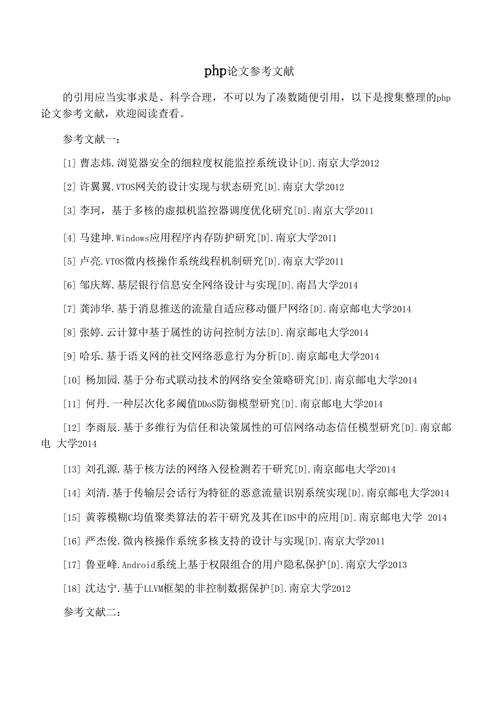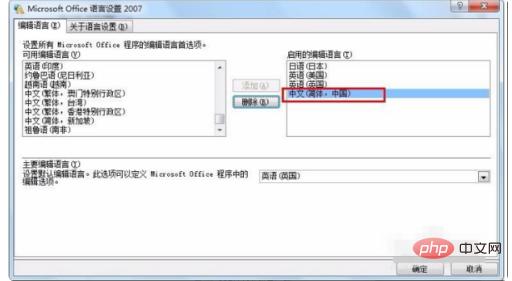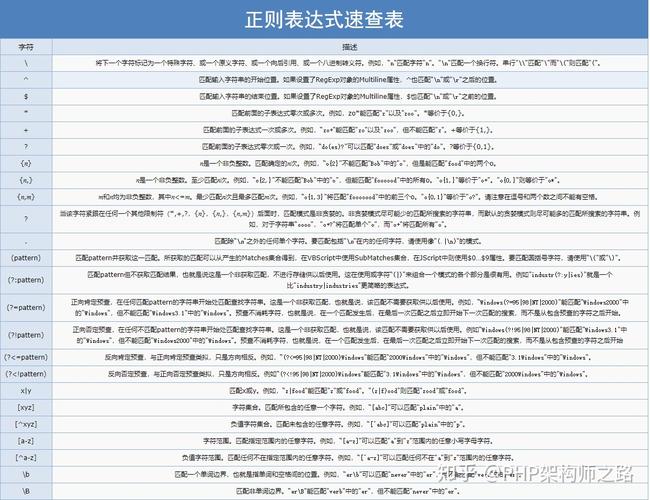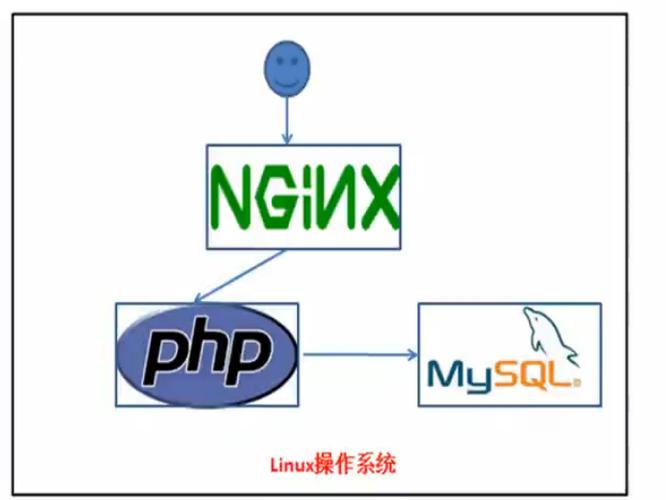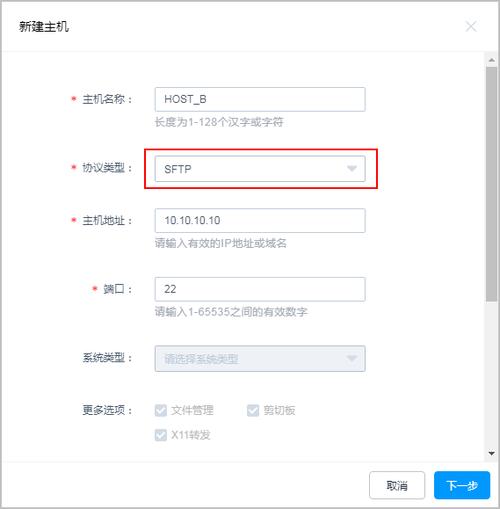在匿名函数涌现之前,所有的函数都须要先命名才能利用
function increment($value)

{
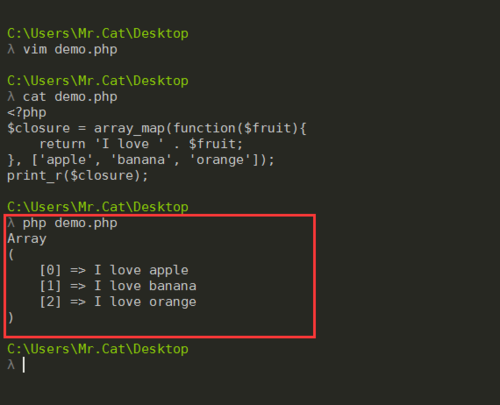
return $value + 1;
}
array_map('increment', [1, 2, 3]);
有的时候函数可能只须要利用一次,这时候利用匿名函数会使得代码更加简洁直不雅观,同时也避免了函数在其他地方被利用
array_map(function($value){
return $value + 1;
}, [1, 2, 3]);
定义和利用
PHP 将闭包和匿名函数视为同等观点(本文统称为匿名函数),实质上都是伪装成函数的工具。
匿名函数的实质是工具,因此跟工具一样可将匿名函数赋值给某一变量
$greet = function(string $name){
echo \公众hello {$name}\"大众;
}
$greet(\"大众jack\"大众) // hello jack
所有的匿名函数都是 Closure 工具的实例
$greet instanceof Closure // true
工具并没有什么父浸染域可言,以是须要利用 use 来手动声明利用的变量,
$num = 1;
$func = function() use($num){
$num = $num + 1;
echo $num;
}
$func(); // 2
echo $num; // 还是 1
如果要让匿名函数中的变量生效,须要利用引用传值
$num = 1;
$func = function() use(&$num){
$num = $num + 1;
echo $num;
}
$func(); // 2
echo $num; // 2
从 PHP 5.4 开始,在类里面利用匿名函数时,匿名函数的 $this 将自动绑定到当前类
class Foo {
public function bar()
{
return function() {
return $this;
};
}
}
$foo = new Foo();
$obj = $foo->bar(); // Closure()
$obj(); // Foo
如果不想让自动绑定生效,可利用静态匿名函数
class Foo {
public function bar()
{
return static function() {
return $this;
};
}
}
$foo = new Foo();
$obj = $foo->bar(); // Closure()
$obj(); // Using $this when not in object context
匿名函数的实质
匿名函数的实质是 Closure 工具,包括了以下五个方法
Closure {
private __construct ( void )
public static bind ( Closure $closure , object $newthis [, mixed $newscope = \"大众static\"大众 ] ) : Closure
public bindTo ( object $newthis [, mixed $newscope = \"大众static\"大众 ] ) : Closure
public call ( object $newthis [, mixed $... ] ) : mixed
public static fromCallable ( callable $callable ) : Closure
}
__construct - 防止匿名函数被实例化
$closure = new \Closure();
// PHP Error: Instantiation of 'Closure' is not allowed
Closure::bindTo - 复制当前匿名函数工具,绑定指定的 $this 工具和类浸染域。普通的说,便是手动将匿名函数与指定工具绑定,利用这点,可以为扩展工具的功能。
// 定义商品类
class Good {
private $price;
public function __construct(float $price)
{
$this->price = $price;
}
}
// 定义一个匿名函数,打算商品的匆匆销价
$addDiscount = function(float $discount = 0.8){
return $this->price $discount;
}
$good = new Good(100);
// 将匿名函数绑定到 $good 实例,同时指定浸染域为 Good
$count = $addDiscount->bindTo($good, Good::class);
$count(); // 80
// 将匿名函数绑定到 $good 实例,但是不指定浸染域,将无法访问 $good 的私有属性
$count = $addDiscount->bindTo($good);
$count(); // 报错
Closure::bind - bindTo 方法的静态版本,有两种用法:
用法一:实现与 bindTo 方法同样的效果
$count = \Closure::bind($addDiscount, $good, Good::class);
用法二:将匿名函数与类(而不是工具)绑定,记得要将第二个参数设置为 null
// 商品库存为 10
class Good {
static $num = 10;
}
// 每次发卖后返回当前库存
$sell = static function() {
return\公众当前库存为\"大众. --static::$num ;
};
// 将静态匿名函数绑定到 Good 类中
$sold = \Closure::bind($sell, null, Good::class);
$sold(); // 当前库存为 9
$sold(); // 当前库存为 8
call - PHP 7 新增的 call 方法可以实现绑定并调用匿名函数,除了语法更加简洁外,性能也更高
// call 版本
$addDiscount->call($good, 0.5); // 绑定并传入参数 0.5,结果为 50
// bindTo 版本
$count = $addDiscount->bindTo($good, Good::class, 0.5);
$count(); // 50
fromCallable - 将给定的 callable 函数转化成匿名函数
class Good {
private $price;
public function __construct(float $price)
{
$this->price = $price;
}
}
function addDiscount(float $discount = 0.8){
return $this->price $discount;
}
$closure = \Closure::fromCallable('addDiscount');
$good = new Good(100);
$count = $closure->bindTo($good);
$count = $closure->bindTo($good, Good::class); // 报错,不能重复绑定浸染域
$count(); // 报错,无法访问私有属性
fromCallable 等价于
$reflexion = new ReflectionFunction('addDiscount');
$closure = $reflexion->getClosure();
这里有一点须要特殊把稳的是,无论是 fromCallable 转化成的闭包,还是利用反射得到的闭包,在利用 bindTo 时,如果第二个参数指定绑定类,会报错
Cannot rebind scope of closure created by ReflectionFunctionAbstract::getClosure()
以上便是PHP 核心特性之匿名函数的详细内容,更多请关注其它干系文章!
更多技巧请《转发 + 关注》哦!







